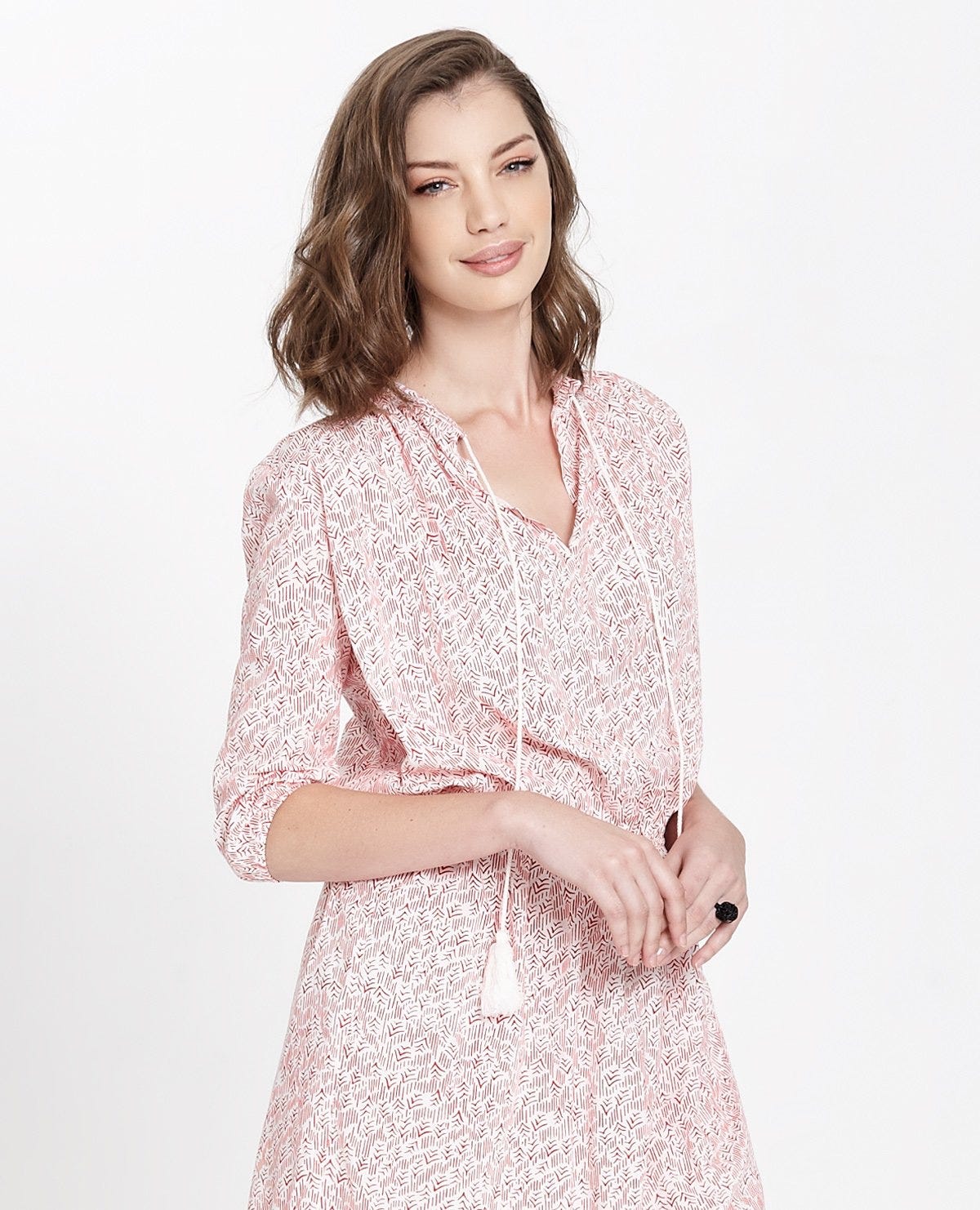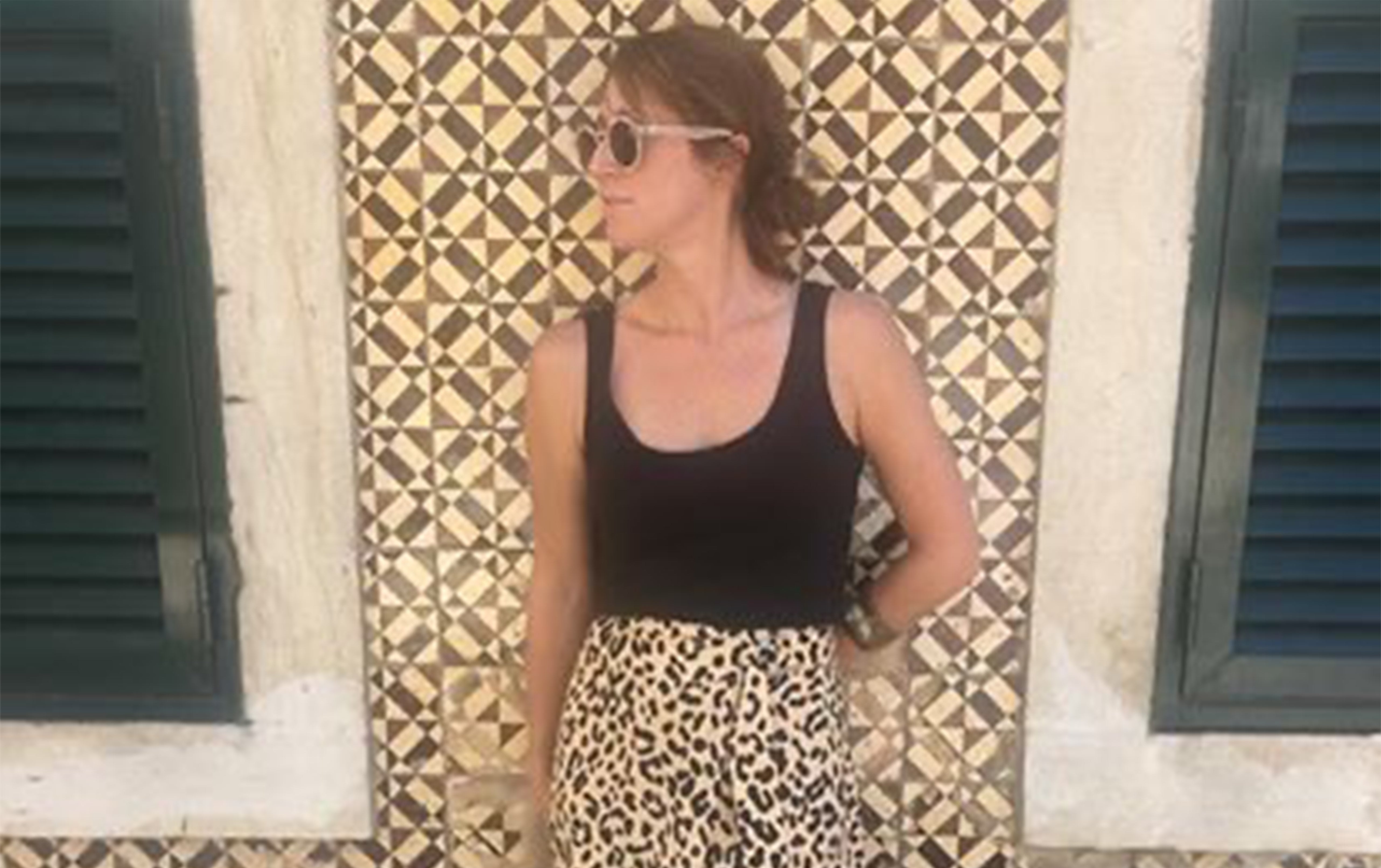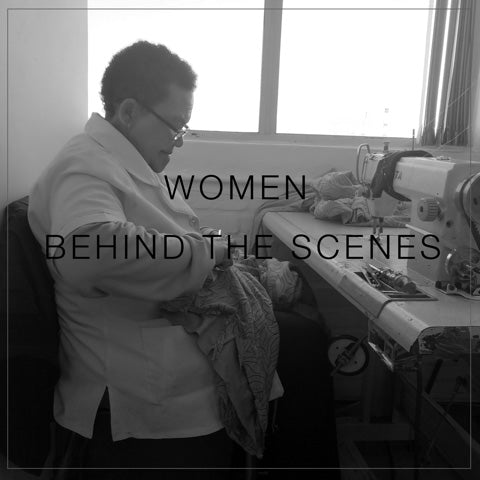FASHION WILL NOT BE SUSTAINABLE UNTIL CONSUMERS ARE EDUCATED

A GREAT READ BY LUANNE SLINGERLAND:
I’ve started questioning if the clothes in my wardrobe have been produced ethically. I’ve started wondering if sustainable fashion really does exist in South Africa and who are the designers pioneering this on a small or large scale.
Sitting Pretty, a range by Emma Longden in cape town, is a brand that underpins environmental awareness, ethical trading and integrity. Emma sets out to only source natural and environmentally friendly fibres such as organic cotton and hemp when creating her ranges. In addition to the fabrics she uses, she puts an emphasis on care and respect being given to the people who produce and make her collection possible.

I met with Emma to get her opinion on sustainable fashion and to get a better understanding of the challenges local designers face when creating ranges with the environment and people in mind.
“We need to re-programme our brains,” says Emma “fashion will not be sustainable until people stop buying like they do. We need a change in consciousness, in particular the ‘happiness from shopping’ factor. We need to get happiness from experiences, not things. It’s about educating consumers about the garments they are buying.”
Over the last 18 months, she has noticed a change in behaviour. The likes of the ethical market at the biscuit mill, Kamers/Makers (a national fair across South Africa), and the emergence of other ethical brands are highlighting these changes.
But South Africans still have a long way to go in comparison to the European market (wholesale and retail) who are more aware of ethical fashion, and want to know the process designers have followed to produce an ‘eco-fashion’ garment.
With fast fashion on the rise locally, South Africans are opting to buy new items at low price points as it offers a false sense of wealth. The polyester garments we buy have a short life span and are generally produced in unfavourable conditions but the buzz from buying ‘new’ far outweighs the concerns regarding the factory conditions or environmental impact.
This comes down to education.
“I believe consumers are becoming more aware of where their garments come from, more people are researching brands and want to know what they are doing about their footprint. But the final decision is driven by price. And ethical fashion sells at a higher price point due to the often challenging processes we need to follow. We need consumers to know how their garments evolve from an idea all the way through to a hanger in their wardrobe.”

WHAT ARE THE CHALLENGES EMMA FACES?
Finding the right CMT factories is a one of the biggest challenges Emma faces, and not because they don’t exist, it’s a quality control issue. The very small factories do not take responsibility for the quality of the product they produce.
“Producing outside of the country will often result in a better-quality product as they’re more stringent on their quality control measures in their factories. But sitting pretty is a local brand, and it’s part of my business philosophy to invest in the local market.”
The other challenge local designers’ face is finding natural fabrics, cotton in particular. Organic suppliers are usually in Mauritius and India — but sourcing cotton from the latter will incur duties which affect the final selling price. Producers of organic cotton have a minimum order of 5000m of fabric — unless you’re in mass production, that’s a lot of wastage and unnecessary costs that are incurred.
Another challenge Emma, and her peers, are facing in cape town, is water — or the lack thereof.
Emma currently pre-washes her garments to ensure any fabric shrinkage takes place before the pattern cutting process starts. With the current water crisis, it’s not possible to wash hundreds of meters of fabric first.
As Sitting Pretty fabrics are designed and printed by Emma, they go through a process called ‘curation’ where the heat shrinks the fabric when the dye is set into it. The one obvious solution she’s looking into is the ‘curation’ of all her fabric instead of washing it as it will prevent shrinkage in the first wash after the garment has been worn.
IS SLOW FASHION FEASIBLE THEN?
Emma thinks of herself as an environmentalist first, and is constantly on a quest to do more around this.
In 2013, Emma rebranded Sitting Pretty. “This was a conscious decision after being expected to churn out trend based garments that did not feel right to me. At this time, I started going through my own process and started changing the way I produced ranges, moving away from trends and producing garments that I felt would not be limited a certain time period, well made, and in superior quality fabrics to last longer. It’s still a work in progress, but I believe there is so much more I could be doing.”
Emma is currently looking at producing items out of organic leather, in particular pineapple leather, which looks like animal leather, and is just as strong and pliable for accessories.
SO WHAT ARE EMMA’S HOPES FOR ETHICAL FASHION IN SOUTH AFRICA?
“In 5 years, I hope to see more awareness around eco-fashion, but there’s a massive education drive that’s required, and this is the only thing that will result in a change in behaviour. This is what I’m passionate about. I want people to buy my stuff because they love it and know it will last; I don’t want them to buy every garment in my range — that’s unnecessary consumerism.
“The fashion industry is not sustainable yet, but if we can look at ethically produced fashion, that’s a step in the right direction. Again, it’s down to educating consumers.”
Read more of Luanne Slingerlands articles here



